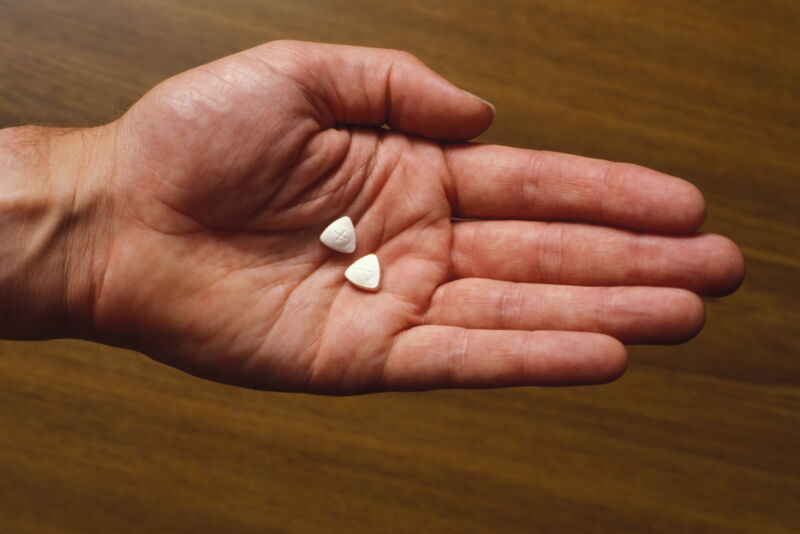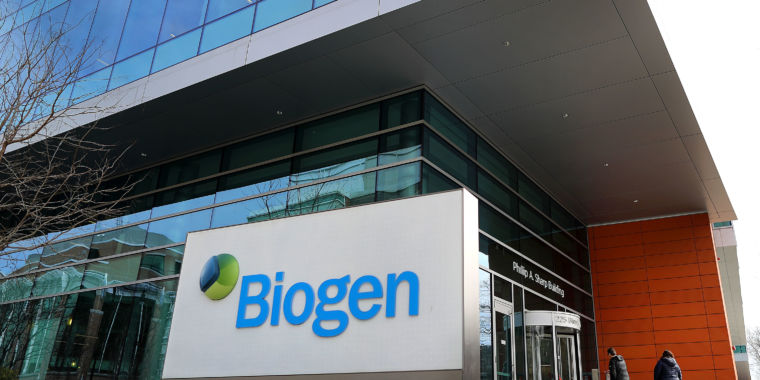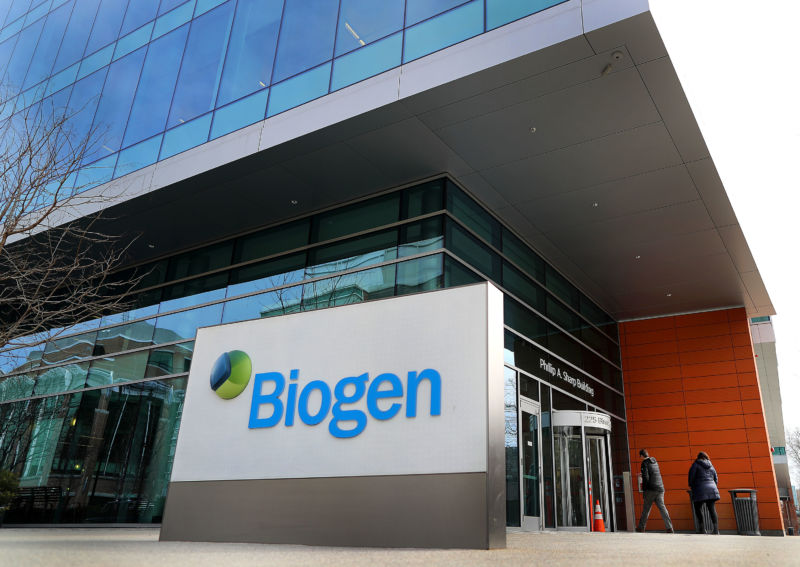Colon cancer recurrence and deaths cut 28% by simple exercise, trial finds
“Quite impressive”
The exercise group, which had supervised exercise for the first six months of the three-year intervention, reported more exercise over the study. At the end, the exercise group was averaging over 20 MET hours per week, while the education group’s average was around 15 MET hours per week. The exercise group also scored better at cardiorespiratory fitness and physical functioning.
Still, with the health education, the control group also saw a boost to their exercise during the trial, with their average starting around 10 MET hours per week. These findings “raise the possibility of an even more powerful effect of exercise on cancer outcomes as compared with a completely sedentary control group,” the researchers note.
For now, it’s not entirely clear how exercise keeps cancers at bay, but it squares with numerous other observational studies that have linked exercise to better outcomes in cancer patients. Researchers have several hypotheses, including that exercise might cause “increased fluid shear stress, enhanced immune surveillance, reduced inflammation, improved insulin sensitivity, and altered microenvironment of major sites of metastases,” the authors note.
In the study, exercise seemed to keep local and distant colon cancer from recurring, as well as prevent new cancers, including breast, prostate, and colorectal cancers.
Outside experts hailed the study’s findings. “This indicates that exercise has a similarly strong effect as previously shown for chemotherapy, which is really quite impressive,” Marco Gerlinger, a gastrointestinal cancer expert at Queen Mary University of London, said in a statement. “One of the commonest questions from patients is what they can do to reduce the risk that their cancer comes back. Oncologists can now make a very clear evidence-based recommendation.”
“Having worked in bowel cancer research for 30 years, this is an exciting breakthrough in the step-wise improvement in cure rates,” David Sebag-Montefiore, a clinical oncologist at the University of Leeds, said. “The great appeal of a structured moderate intensity exercise is that it offers the benefits without the downside of the well-known side effects of our other treatments.”
Colon cancer recurrence and deaths cut 28% by simple exercise, trial finds Read More »







